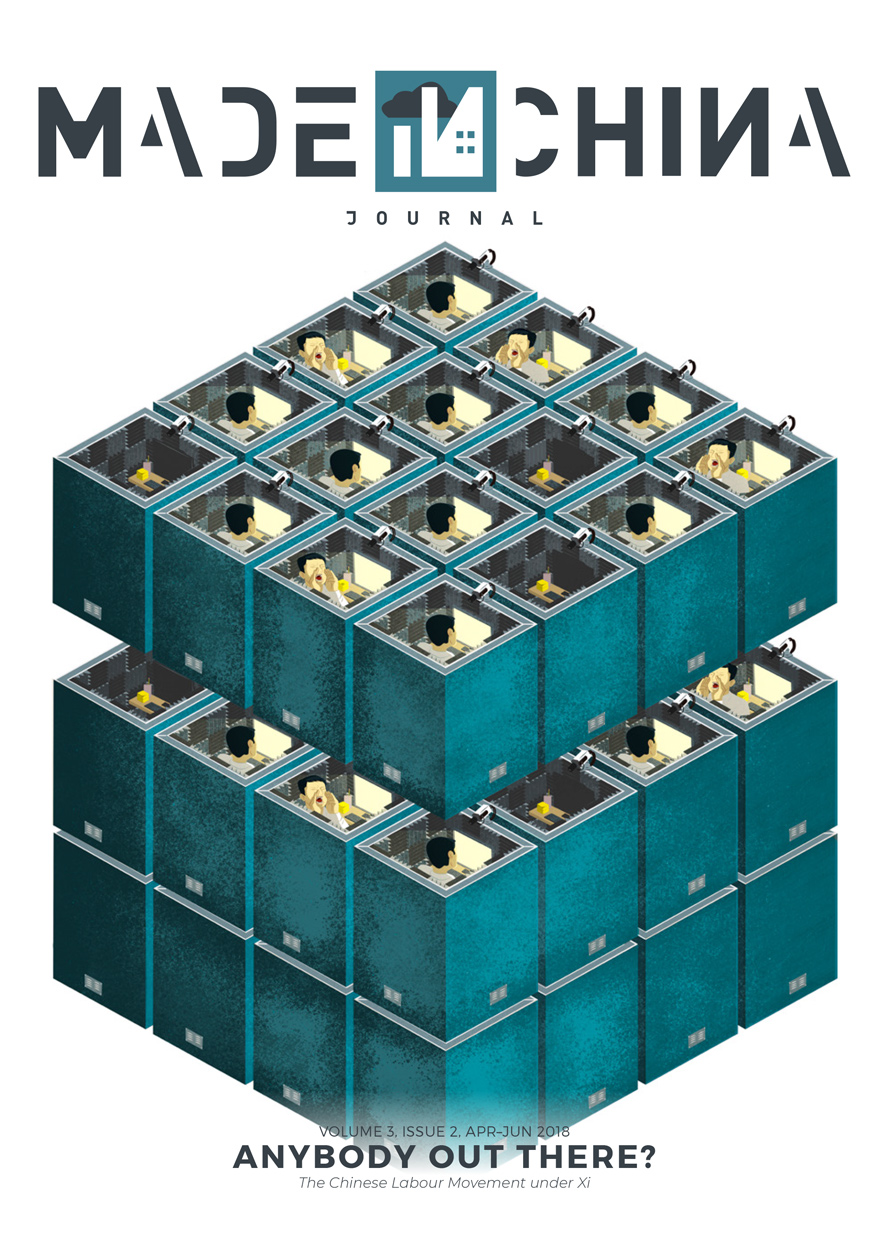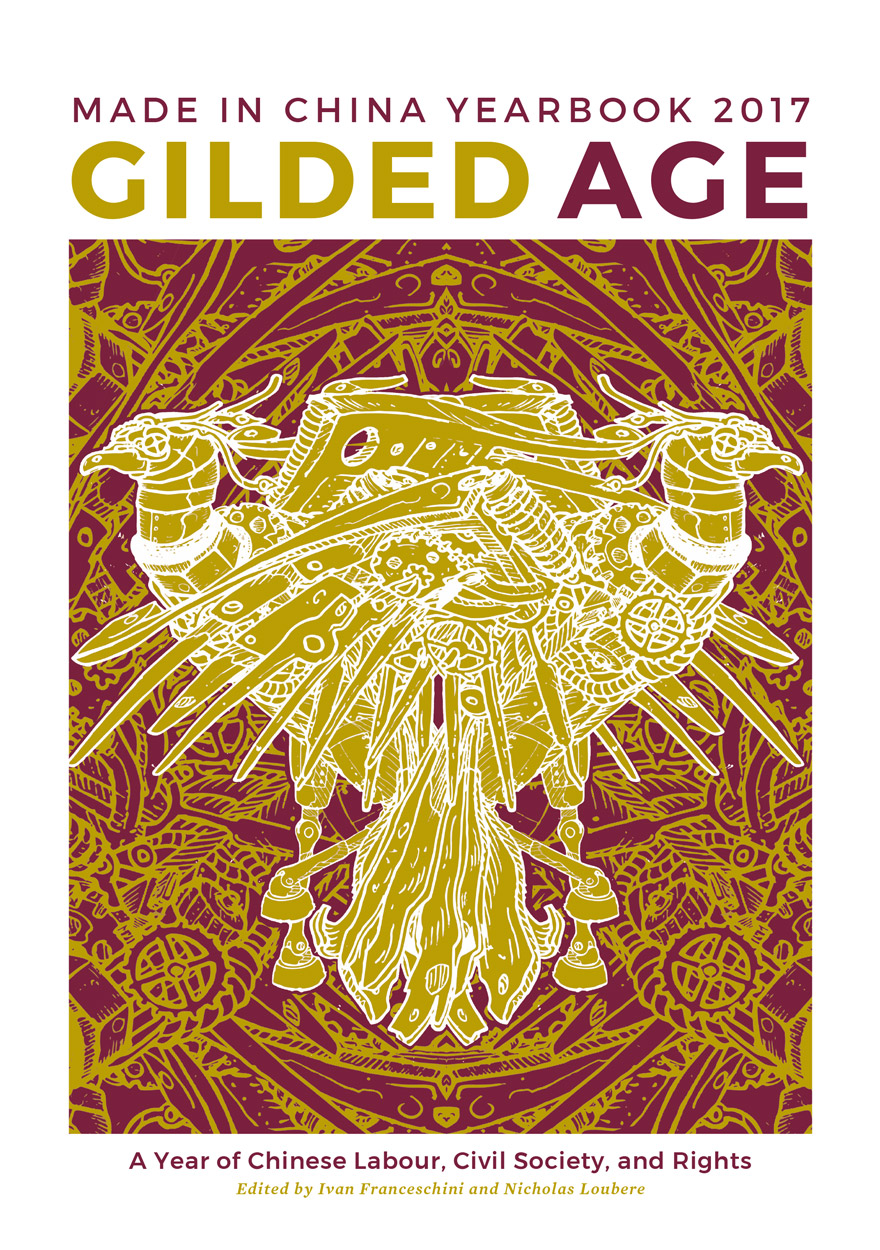Search titles
Displaying results 121 to 130 of 376.

New Directions in Strategic Thinking 2.0 »
ANU Strategic & Defence Studies Centre's Golden Anniversary Conference Proceedings
Edited by: Russell W. Glenn
Publication date: July 2018
The Australian National University’s Strategic & Defence Studies Centre (SDSC) is Australia’s premier university-based strategic studies think tank. Fifty years after the Centre was founded in 1966, SDSC celebrated its continued research, publications, teaching and government advisory role with a two-day conference entitled ‘New Directions in Strategic Thinking 2.0’. The event saw the podium graced by many of the world’s premier thinkers in the strategic studies field. An evening between those tours to the lectern brought together academics, practitioners and other honoured guests at a commemorative dinner held beneath the widespread wings of the ‘G for George’ bomber in the Australian War Memorial—an event that included SDSC’s own Professor Desmond Ball AO making his last public appearance.
Since SDSC’s 25th anniversary, the world has seen the collapse of the Soviet Union and the end of the Cold War. Bipolarity gave way to the emergence of the United States as the world’s sole superpower, a status many now see as under threat. Both the nature of the threats and identity of individual competitors has changed in the interim quarter-century. Non-state actors are presenting rising challenges to national governments. Meanwhile, a diminished Russia and far more wealthy China seek to reassert themselves. Never before has the call for reasoned innovative security studies thinking been more pronounced. Rarely has a group so able to offer that thought come together as was the case in July 2016.
This book encapsulates the essence of this cutting-edge thinking and is a must read for those concerned with emerging strategic challenges facing Australia and its security partners.

Made in China Journal: Volume 3, Issue 2, 2018 »
Publication date: June 2018
Labour activism has undergone significant transformation in China over the last decade. Between the mid-2000s and mid-2010s, an increase in labour protests seemed to herald a growing and more self-confident labour movement. A series of high-profile collective actions that took place in the early 2010s brought forward a time of renewed optimism, during which the public debate on Chinese labour came to be dominated by the idea of China’s workers ‘awakening’ and taking their fate into their own hands. Far from the optimism of those years, today the effects of economic slowdown and the tightening of civil society have thrown China’s workers into a state of uncertainty and disorientation, and the Chinese labour movement has once again found itself at an impasse. This issue of Made in China takes a look at the current conjuncture.
Download for free
Not available for purchase

Transforming Hawai‘i »
Balancing Coercion and Consent in Eighteenth-Century Kānaka Maoli Statecraft
Authored by: Paul D’Arcy
Publication date: June 2018
This study examines the role of coercion in the unification of the Hawaiian Islands by Kamehameha I between 1782 and 1812 at a time of increasing European contact. Three interrelated themes in Hawaiian political evolution are examined: the balance between coercion and consent; the balance between general structural trends and specific individual styles of leadership and historical events; and the balance between indigenous and European factors. The resulting synthesis is a radical reinterpretation of Hawaiian warfare that treats it as an evolving process heavily imbued with cultural meaning. Hawaiian history is also shown to be characterised by fluid changing circumstances, including crucial turning points when options were adopted that took elements of Hawaiian society on paths of development that proved decisive for political unification. These watershed moments were neither inevitable nor predictable. Perhaps the greatest omission in the standard discourse on the political evolution of Hawaiian society is the almost total exclusion of modern indigenous Hawaiian scholarship on this topic. Modern historians from the Hawai‘inuiākea School of Hawaiian Knowledge at the University of Hawai‘i at Mānoa argue that political leadership and socioeconomic organisation were much more concensus-based than is usually allowed for. Above all, this study finds modern indigenous Hawaiian studies a much better fit with the historical evidence than more conventional scholarship.

East Asia Forum Quarterly: Volume 10, Number 2, 2018 »
Publication date: June 2018
East Asia Forum Quarterly grew out of East Asia Forum (EAF) online, which has developed a reputation for providing a platform for the best in Asian analysis, research and policy comment on the Asia Pacific region in world affairs. EAFQ aims to provide a further window onto research in the leading research institutes in Asia and to provide expert comment on current developments within the region. The East Asia Forum Quarterly, like East Asia Forum online, is an initiative of the East Asia Forum (EAF) and its host organisation, the East Asian Bureau of Economic Research (EABER) in the Crawford School of Economics and Government in the College of Asia & the Pacific at The Australian National University.
Download for free
Not available for purchase

International Review of Environmental History: Volume 4, Issue 1, 2018 »
Edited by: James Beattie
Publication date: May 2018
International Review of Environmental History takes an interdisciplinary and global approach to environmental history. It encourages scholars to think big and to tackle the challenges of writing environmental histories across different methodologies, nations, and time-scales. The journal embraces interdisciplinary, comparative and transnational methods, while still recognising the importance of locality in understanding these global processes.
The journal’s goal is to be read across disciplines, not just within history. It publishes on all thematic and geographic topics of environmental history, but especially encourage articles with perspectives focused on or developed from the southern hemisphere and the ‘global south’.
Download for free
Not available for purchase

Vietnam’s Post-1975 Agrarian Reforms »
How local politics derailed socialist agriculture in southern Vietnam
Authored by: Trung Dang
Publication date: April 2018
This book investigates why collectivised farming failed in south Vietnam after 1975. Despite the strong will of the new regime to implement collectivisation, the effort was uneven, misapplied and subverted. After only 10 years of trying, the regime annulled the policy. Focusing on two case studies—Quảng Nam province in the Central Coast region and An Giang province in the Mekong Delta—and based on extensive evidence, this study argues that the reasons for variations in implementation and the failure and reversal of the policy were twofold: regional differences and local politics.

Prosperity »
Edited by: Jane Golley, Linda Jaivin
Publication date: April 2018
A ‘moderately prosperous society’ with no Chinese individual left behind—that’s the vision for China set out by Chinese President Xi Jinping in a number of important speeches in 2017. ‘Moderate’ prosperity may seem like a modest goal for a country with more billionaires (609 at last count) than the US. But the ‘China Story’ is a complex one. The China Story Yearbook 2017: Prosperity surveys the important events, pronouncements, and personalities that defined 2017. It also presents a range of perspectives, from the global to the individual, the official to the unofficial, from mainland China to Hong Kong and Taiwan. Together, the stories present a richly textured portrait of a nation that in just forty years has lifted itself from universal poverty to (unequally distributed) wealth, changing itself and the world in the process.

Gilded Age »
Made in China Yearbook 2017
Edited by: Ivan Franceschini, Nicholas Loubere
Publication date: April 2018
According to the Chinese zodiac, 2017 was the year of the ‘fire rooster’, an animal often associated with the mythical fenghuang, a magnificently beautiful bird whose appearance is believed to mark the beginning of a new era of peaceful flourishing. Considering the auspicious symbolism surrounding the fenghuang, it is fitting that on 18 October 2017, President Xi Jinping took to the stage of the Nineteenth Party Congress to proclaim the beginning of a ‘new era’ for Chinese socialism. However, in spite of such ecumenical proclamations, it became immediately evident that not all in China would be welcome to reap the rewards promised by the authorities. Migrant workers, for one, remain disposable. Lawyers, activists and even ordinary citizens who dare to express critical views also hardly find a place in Xi’s brave new world. This Yearbook traces the stark new ‘gilded age’ inaugurated by the Chinese Communist Party. It does so through a collection of more than 40 original essays on labour, civil society and human rights in China and beyond, penned by leading scholars and practitioners from around the world.

Opening Government »
Transparency and Engagement in the Information Age
Edited by: John Wanna, Sam Vincent
Publication date: April 2018
Transparency and citizen engagement remain essential to good government and sound public policy. Indeed, they may well be the key to restoring trust in government itself, currently at an all-time low in Australia. It is ironic, then, that this has occurred at a time when the technological potential for information dissemination and interaction has never been greater.
Opening Government: Transparency and Engagement in the Information Age explores new horizons and scenarios for better governance in the context of the new information age, focusing on the potentials and pitfalls for governments (and governance more broadly) operating in the new, information-rich environment. Its contributors, a range of international and Australian governance academics and practitioners, ask what are the challenges to our governing traditions and practices in the new information age, and where can better outcomes be expected using future technologies. They explore the fundamental ambiguities extant in opening up government, with governments intending to become far more transparent in providing information and in information sharing, but also more motivated to engage with other data sources, data systems and social technologies.

Double Disillusion »
The 2016 Australian Federal Election
Publication date: April 2018
This book provides a comprehensive analysis of the 2016 Australian federal election. Won by the Liberal–National Coalition by the slimmest of margins, the result created a climate of political uncertainty that threatened the government’s lower house majority. While the campaign might have lacked the theatre of previous elections, it provides significant insights into the contemporary political and policy challenges facing Australian democracy and society today.
In this, the 16th edited collection of Australian election studies, 41 contributors from a range of disciplines bring an unprecedented depth of expertise to the 2016 contest. The book covers the context, key battles and issues in the campaign, and reports and analyses the results in detail. It provides an evaluation of the role of political actors such as the parties, independents, the media, interest groups and GetUp!, and examines election debate in the online space. Experts from a range of policy fields provide an analysis of election issues ranging from the economy and industrial relations to social policy, the environment, and gender and sexuality. Each of the chapters is written on the basis of in‑depth and original research, providing new insights into this important political event.



